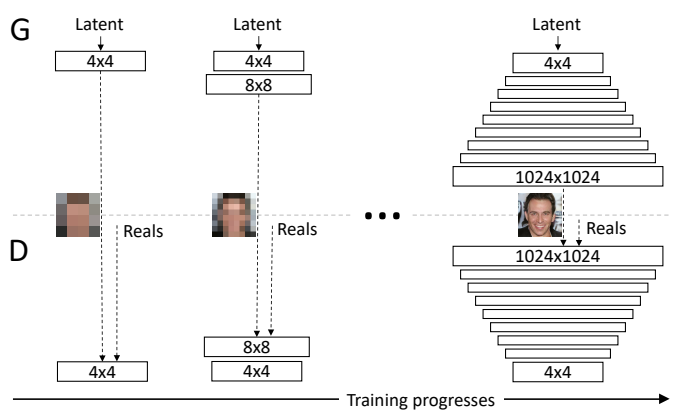Author Archives: Vijaysinh Lendave - Page 17


Monte Carlo simulation, also known as the Monte Carlo method or multiple probability simulations, is a mathematical tool used to estimate the possible outcomes of uncertainty in an event.
The post Hands-On Guide To Monte Carlo Simulation With Its Significance appeared first on Analytics India Magazine.


Monte Carlo simulation, also known as the Monte Carlo method or multiple probability simulations, is a mathematical tool used to estimate the possible outcomes of uncertainty in an event.
The post Hands-On Guide To Monte Carlo Simulation With Its Significance appeared first on Analytics India Magazine.


Innovation of deep neural networks has given rise to many AI-based applications and overcome the difficulties faced by computer vision-based applications such image classification, object detections etc. and frameworks like Tensorflow, PyTorch, Theano, Keras, MxNet has made these task simpler than ever before.
The post Hands-On Guide to Multi-Class Classification Using Mobilenet_v2 appeared first on Analytics India Magazine.


Creating representations of words is to capture their meaning, semantic relationship, and context of different words; here, different word embedding techniques play a role. A word embedding is an approach used to provide dense vector representation of words that capture some context words about their own.
The post Hands-On Guide To Word Embeddings Using GloVe appeared first on Analytics India Magazine.


Sentiment analysis is a part of natural language processing used to determine whether the sentiment of the data under observation is positive, negative or neutral. Usually, sentiment analysis is carried on text data to help professionals monitor and understand their brand and product sentiment across the industry and customers by taking the feedback.
The post Guide To Build A Simple Sentiment Analyzer Using TensorFlow-Hub appeared first on Analytics India Magazine.


In any data science project life cycle, cleaning and preprocessing data is the most important performance aspect. Say if you are dealing with unstructured text data, which is complex among all the data, and you carried the same for modeling two things will happen. Either you come up with a big error, or your model will not perform as you expected.
The post Complete Tutorial on Text Preprocessing in NLP appeared first on Analytics India Magazine.


Many algorithms belong to the family of tree and ensemble, which are hard for computational problems and exposed to many hyperparameters that can be modified to improve the performance. However, manually exploring those parameters and setting those for optimized solutions is a rigorous task and often leads to unsatisfactory results.
The post Hands-On Guide To Algorithm Configuration Using SMAC appeared first on Analytics India Magazine.


Gradient Boosting Decision Tree (GBDT) is a popular machine learning algorithm. It has quite effective implementations such as XGBoost as many optimization techniques are adopted from this algorithm. However, the efficiency and scalability are still unsatisfactory when there are more features in the data.
The post Complete Guide To LightGBM Boosting Algorithm in Python appeared first on Analytics India Magazine.


Initially developed by Intel, OpenCV is an open-source computer vision cross-platform library for real-time image processing and which has become a standard tool for all things related to computer vision applications. In 2000, the first version of OpenCV was released; since then, its functionality has been very much enriched and simplified by the scientific community. Later in 2012, a nonprofit foundation OpenCV.org took the initiative for maintaining a support site for developers and users.
The post Complete Tutorial on Linear And Non-Linear Filters using OpenCV appeared first on Analytics India Magazine.


When it comes to large datasets with higher pixel values, GAN generates the images with sharp pixels that look crispy though make the training unstable. Generating high-resolution images is a challenging task because the generator must know the details and structures involved in images. The high-resolution images can cause any issues that the discriminator can easily spot; therefore, the whole training process fails.
The post Hands-On Guide to Generating Artificial Faces Using Progressive GAN appeared first on Analytics India Magazine.

